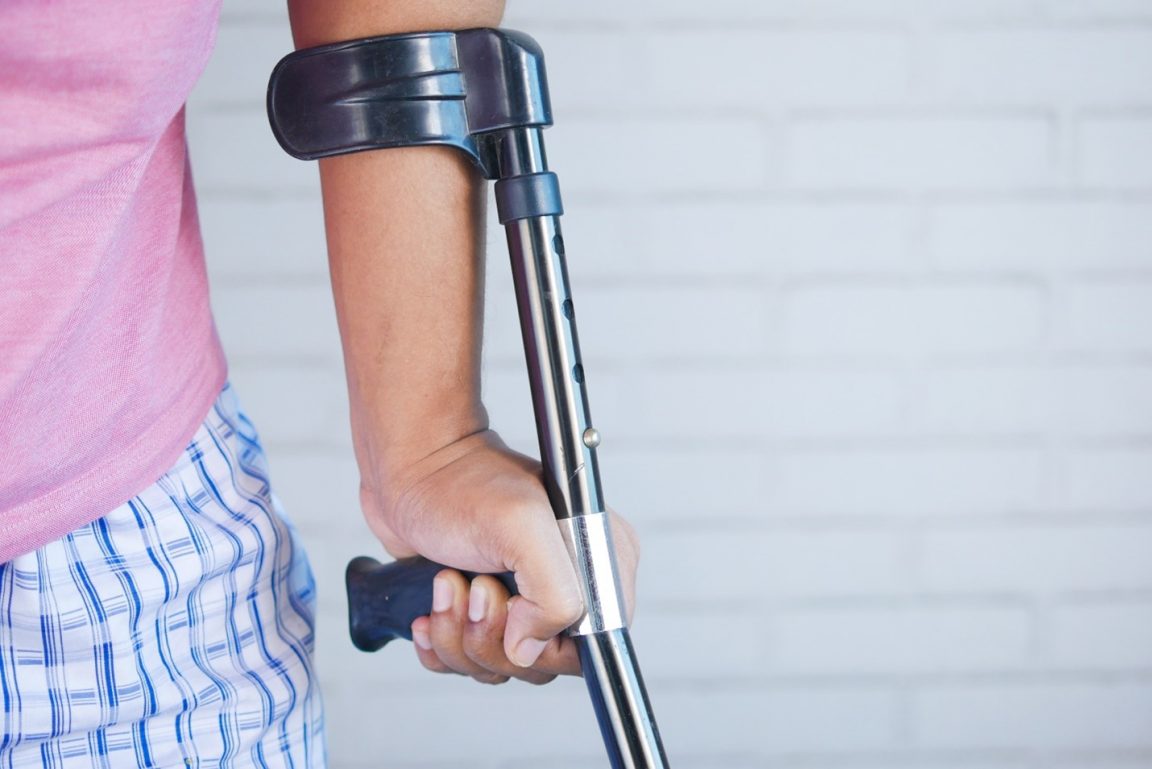If you got injured or hurt while you were visiting someone, could entitle you to compensation. According to the law, it’s the property owner’s responsibility to ensure their property is safe for visitors. And if they fail at doing so, they’ll have to bear legal consequences. Thus falling under the umbrella of ‘premises liability.’
Premises liability cases come under the scope of personal injury law. This makes the property owner responsible for your injuries. If you can prove that their negligence caused the accident.
Continue reading ahead if you would like to know more about premises liability.
What is Premises Liability?
Premises liability is a branch of personal injury law. In which the conditions of the property they visited caused their injuries. Because the conditions weren’t ideal (and safe). Allowing them to seek compensation (cost of medical bills, etc.) from the property owner.
Some of the most common conditions that can result in the property owner facing premises liability charges include:
- Slip and fall accidents at their property
- A dog (or any other animal on the property) biting a guest or visitor
- Negligent security
- Dangerous or unsafe property (broken stairs, uneven pavements, broken glass, etc.)
- Swimming pool injuries
- Poorly maintained property
- Fires
- Carbon monoxide poisoning
- Flooding
How Premises Liability Work?
If you got injured because the property owner was negligent or failed to maintain their property well enough, you become eligible to file a premises liability lawsuit against the property owner. If you’ve got evidence that can prove the property owner’s negligence and fault, you can hire a personal injury lawyer to prepare a case for you. After proving that it was, indeed, the property owner’s fault, you get monetary compensation for your losses. Which include medical bills and lost wages.
Does Getting Injured on Someone’s Property Make You Eligible for Premises Liability Automatically?
You’re mistaken if you think getting injured at someone’s property automatically makes you eligible for premises liability. To become eligible to file premises liability lawsuit against the property owner, your case needs to have the following elements:
- The property owner had a duty of care.
This isn’t always the case. If you were injured at a property that’s leased to another party, the property owner can’t be held responsible for your injury. In this case, the lessee has the duty of care to maintain safe conditions of the property, and you can’t file premises liability lawsuit against the property owner.
- The property owner breached the duty of care.
You’ll have to prove that the property owner had a duty of care and they breached it. It’s breaching the duty of care if the property owner was negligent in their behavior, resulting in their visitor getting hurt.
- Your injury resulted from a breach of duty.
Your injury at the property was not because of the property’s owner’s breach of duty. Then you can’t file a premises liability claim. For example, if you slipped off the stairs because you wore the wrong shoes, not because they had broken stairs. Then you can’t claim your injury resulted from a breach of care of duty.
- You had to suffer damages because of the injury or accident that occurred due to the property owner’s breach of duty.
If you had to suffer damages like lost wages due to an injury that resulted from the property owner’s breach of duty, you could file for a premises liability lawsuit.
Understanding Duty of Care in These Cases
You may have noticed from the discussion above that there’s a lot of emphasis on the property owner’s duty of care in premises liability cases. What is the duty of care, and when can you say it was breached?
A property owner’s duty of care is their duty to ensure their property is safe for the visitors. Under the duty of care, it is the property owner’s responsibility to check their premises regularly. In fact, they should check for any dangers like uneven pavement, broken stairs, and more. Plus they need to fix these hazards as soon as possible. Under the duty of care, a property owner must also post warning signs. These signs inform visitors about the dangers while the property owner fixes the issues.
A property owner doesn’t have a duty of care to protect any trespassers. However, if the property owner notices that they get trespassers often, they have a duty of care and must post signage or inform the trespassers of the existing dangers on their property. For example, if your property isn’t fenced and people walk through your driveway or sidewalk while walking down the lane, you must post signage to inform them if your sidewalk or driveway is broken, which poses a trip and fall hazard.
Premises Liability Lawsuits
The base of a premises liability lawsuit is proving that the property owner had a duty of care and that they breached it, causing you injury and damages. If you fail to prove it, you don’t stand a chance of getting compensation for your losses.
For example, if you fell in a store because of a broken tile, you can file a premises liability lawsuit against the store owner because the store owner should have gotten it fixed or displayed a warning. However, if you fell in a store because someone else spilled water, you can’t hold the store owner responsible.
Closing Word
If you’ve been injured due to a property owner’s negligence, you should hire a personal injury lawyer to take up your case. A personal injury lawyer will collect the relevant evidence and prove in court that the property owner had the duty of care and they failed to maintain it.
You can demand monetary compensation for your medical treatment or lost wages due to the injury that you got at someone’s property because of their negligence. If it wasn’t your fault, there’s absolutely no reason why you should bear any losses or expenses.
Visit our legal blog, Spirit One, to learn more about personal injury law and premises liability and better understand the matter before you decide to file a premises liability lawsuit.


